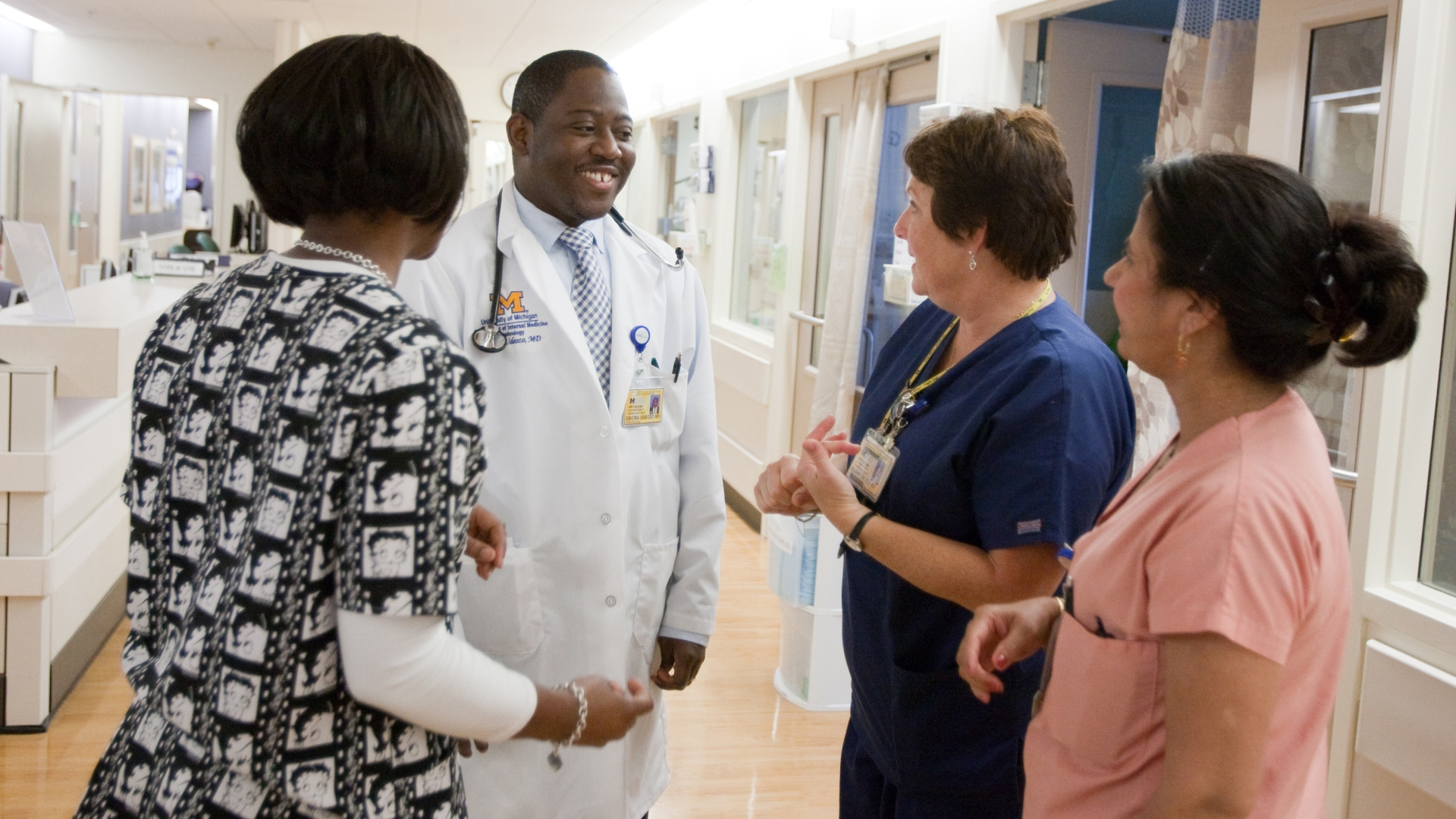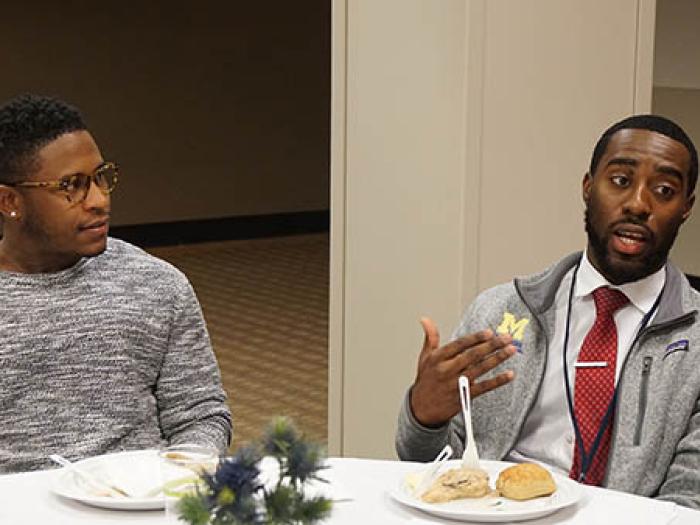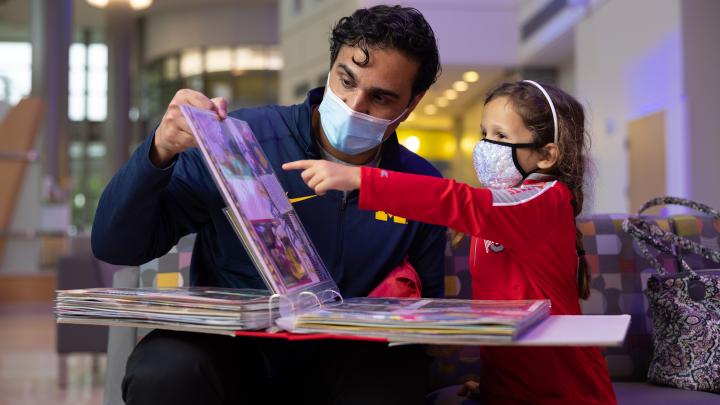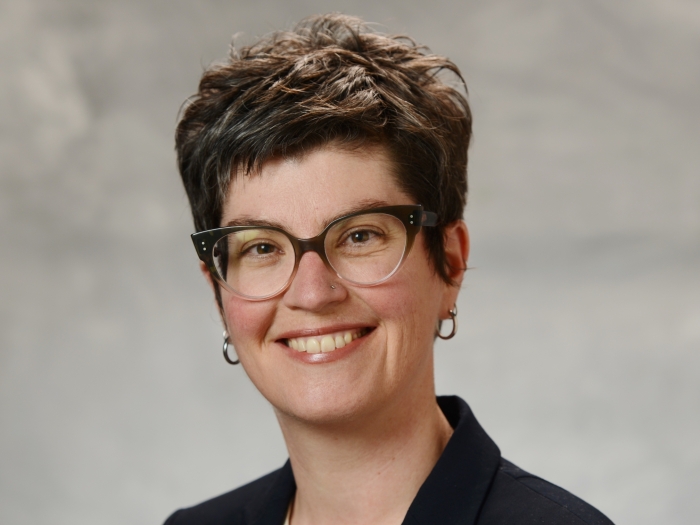Michigan Medicine is committed to diversifying our workforce and providing DEI-related education and engagement opportunities for faculty and staff.


The Office for Health Equity and Inclusion provides educational offerings to faculty and house officers, as well as opportunities to recruit and mentor students, inspiring the next generation of healthcare professionals.

Member-led resource groups provide feedback to Michigan Medicine leadership and catalyze efforts to drive innovation and make workplace culture more inclusive, engaged, productive and aligned to support strategic goals.
Every Michigan Medicine department has a DEI Lead who promotes diversity and DEI-related events, engages in DEI trainings, and implements inclusivity measures within their departments.

Michigan Medicine has been diligent in its commitment to diversity, equity and inclusion. The completion of the five-year strategic plan has furthered the process of shifting the climate of DEI at Michigan Medicine.

Since 2017, the Phyllis M. Blackman Innovation Grants have been used as a catalyst to support DEI-related programs and initiatives at the departmental level.
